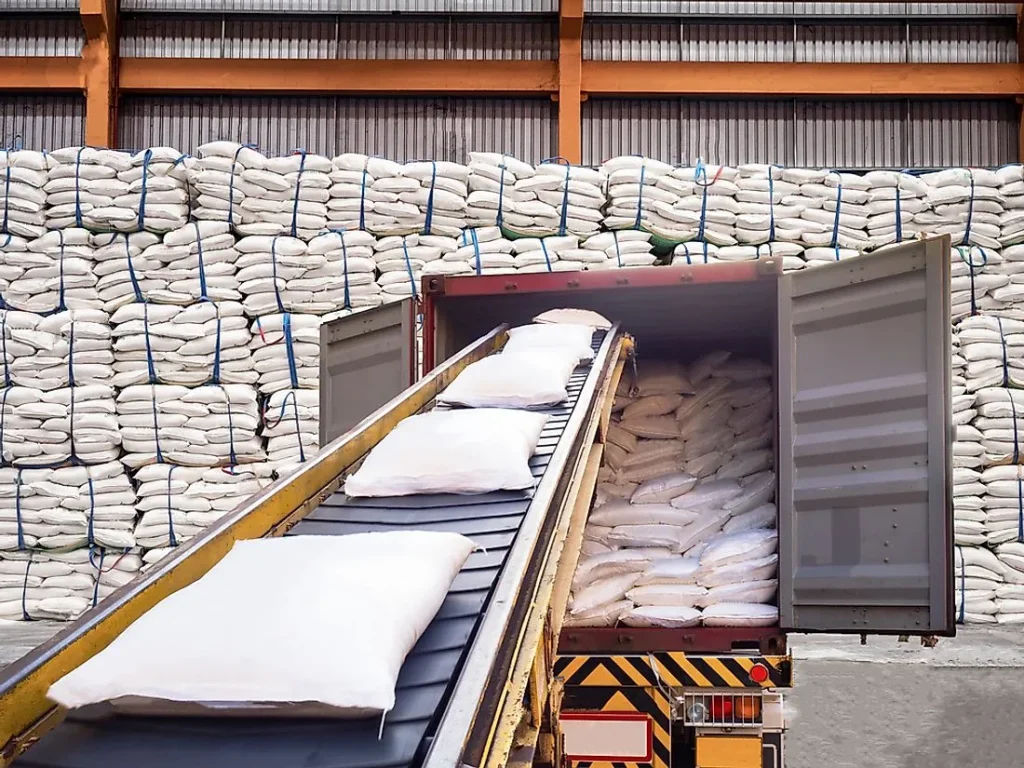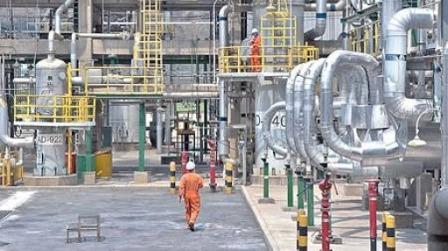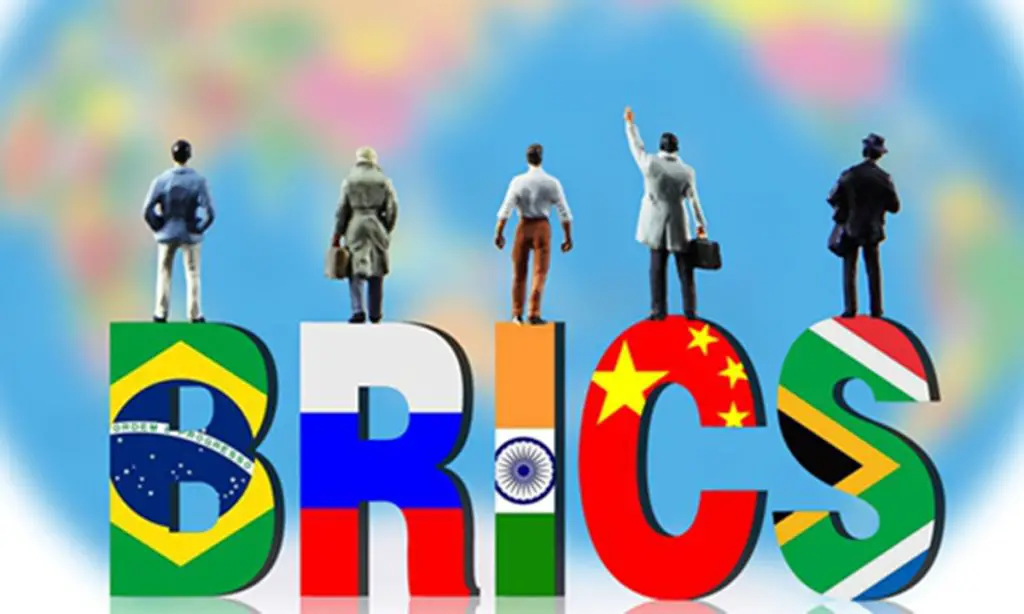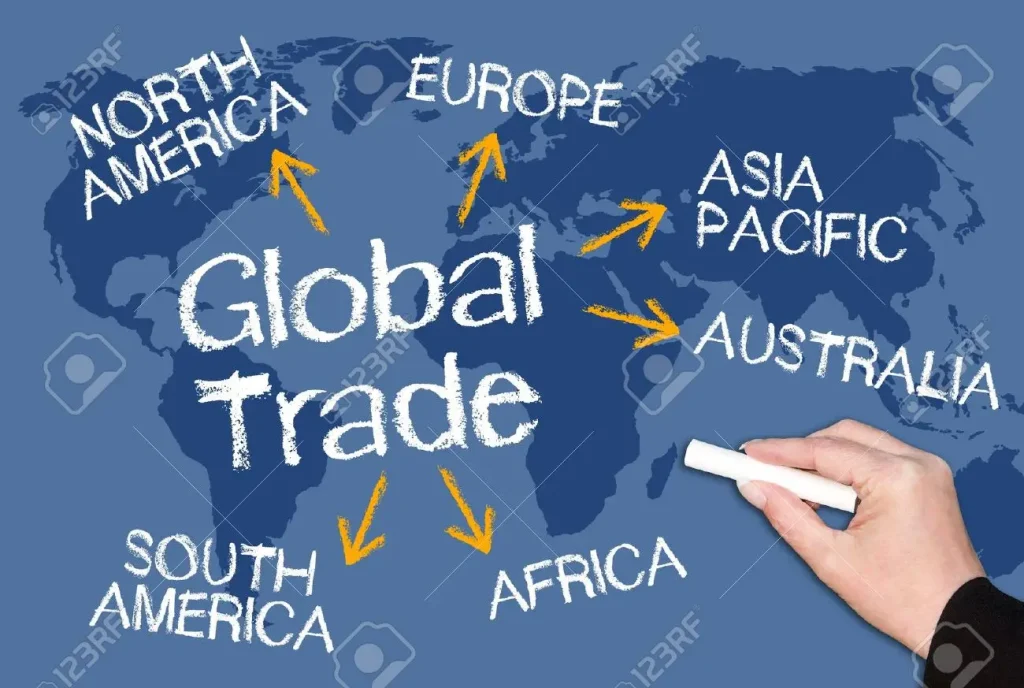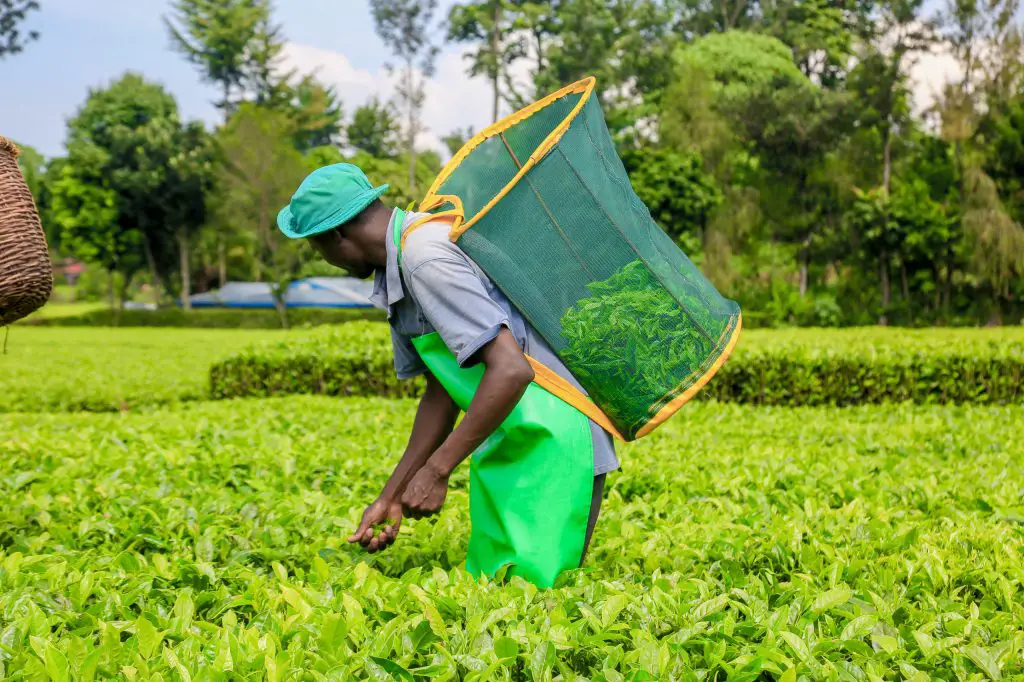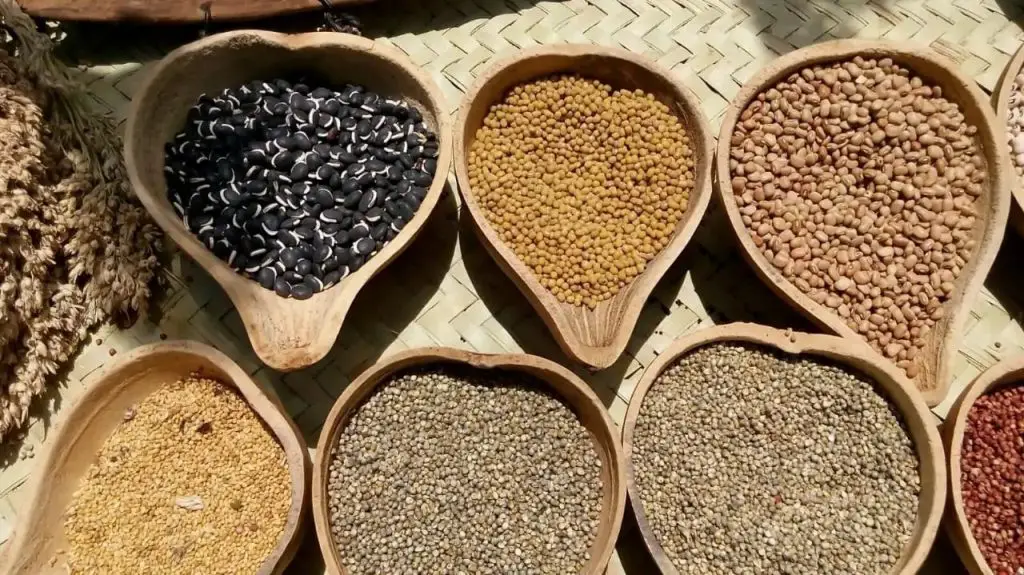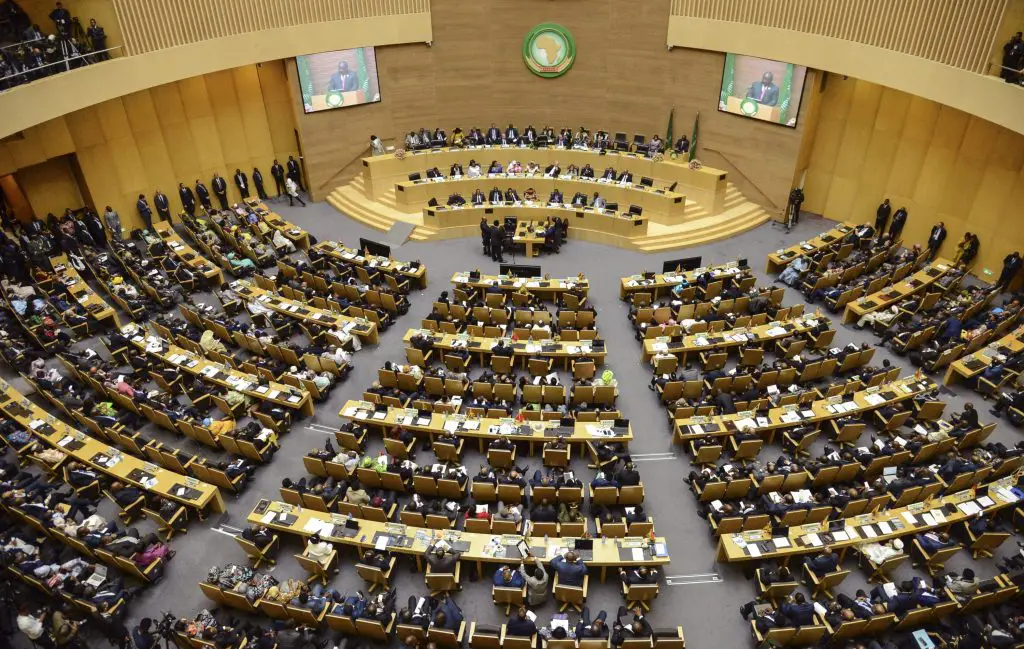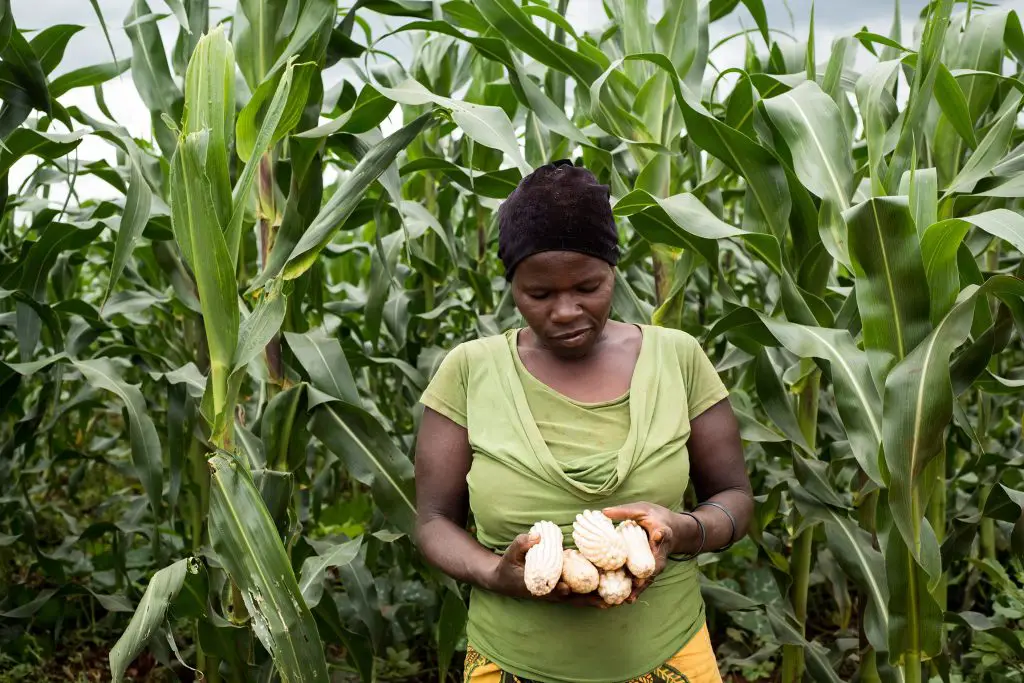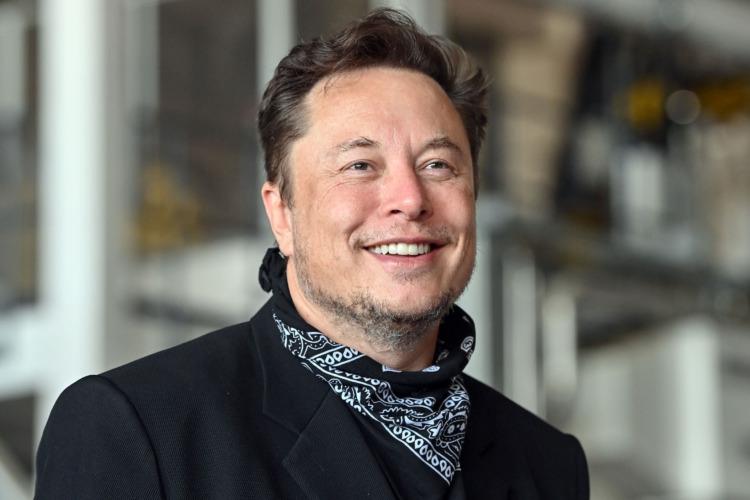- Agribusiness could drive Africa’s economic prosperity
- Dawood Al Shezawi: Why AIM Congress 2024 is the epicenter of global economic and cultural dialogues
- d.light’s 600,000 cookstoves project verified as top source of quality carbon credits
- Artificial intelligence (AI) could create a turning point for financial inclusion in Africa
- AIM Congress 2024: Catalysing global investments with awards
- Kenya’s economic resurgence in 2024
- The most stressful cities to live in 2024 exposed
- Tech ventures can now apply for the Africa Tech Summit London Investment Showcase
Browsing: Food Security
A balanced meal, three times a day, a basic need few in Africa can afford. A three-course meal, a luxury most of the rest of the world enjoys, on a regular basis.
Did you know, Africa has a 50 year plan of what the continent will become half a century from now? It’s called Agenda 2063. The Assembly of Heads of State and Government of the African Union
To achieve this vision, the AU Assembly recognizes that its true power is in its people, the 1.4 plus billion people. The AU central focus on this Africa Day is how best to utilize its top resource. The AU admits that for the continent to achieve its Vision 2063 then it must focus on it’s people; “…the potential of its populations, in particular, a human capital well-nourished citizens and in good health with a particular emphasis on women, adolescents and children.”
“Human …
President of Dangote Group, Aliko Dangote in his speech described the new plant as a game changer, as it can make Nigeria self-sufficient in fertilizer production, with spare capacity to export to other markets in Africa and the rest of the world.
While Dangote’s initial export targets were primarily Africa, current market realities mean there is increasing demand from outside the continent. Orders have come from far-flung places in the US, Brazil, Mexico, India, and the EU according to an article by African Business published on May 5, 2022.
According to the World Bank, the proximity of the new fertilizer plant offers a critical window of opportunity for Benin policymakers and the private sector to engage their Nigerian counterparts within the frameworks of the Economic Community of African States (ECOWAS), the African Continental Free Trade Agreement (AfCFTA) and other bilateral agreements to source fertilizer inputs for its farming population to …
The current large-scale transition of the global economy, principally triggered by the current conflict between Ukraine and Russia as well as the standoff between China and the United States, creates a multipolar world map with new centres of power.
Brazil, Russia, India, China, and South Africa, also known as the BRICS nations, have enhanced industrial and financial might and are pushing for a seat at the global new power axis table. These nations are essential participants in international markets for products, services, and money, having a considerable, sometimes decisive, effect on how the global economy operates.…
Nations launched the AfCFTA as one of the actions made to support more extensive intra-African trade. The AfCFTA aspires to establish a unified continental market for goods and services. The agreement seeks to harmonise the continent’s various trade liberalization procedures and promote regional integration. Each African nation is a member of at least one of the continent’s approximately 30 bilateral or regional trade agreements.
Africa suffers from marginalization in the global trade system. Nevertheless, the African Regional Trade Agreements heralded a new age of economic integration with significant trade creation impacts. The path to free trade poses several significant obstacles and concerns that African governments must solve.…
Trends suggest Kenya has outstanding resilience due to the quick bounce seen after the last election. Analysts believe the future leader must actively concentrate on transformation to allow the coupling of infrastructure investments to overall sustainability.
The future administration must establish legislation supporting political stability and social harmony to unleash industrial sector development. The adjustments will generate jobs, attract international investors, and lessen import dependency.…
Africa’s fast population growth exacerbates the issue. According to most estimates, Africa’s population will double by 2050 and then double again by 2100, finally reaching over 4 billion by the end of the century. Feeding Africa’s rising population will need considerable breakthroughs in the continent’s food systems.
However, agricultural progress may be difficult if African farmers are subjected to more severe climatic effects. To prepare for these future difficulties, one must understand how climate change will materialize in Africa and its impact on the continent’s agricultural systems.…
Only a few Kenyans are aware of the entire extent of the law’s punitive nature, which has remained hidden from the public. The farming communities in Kenya who are aware of it are shocked that no public engagement was carried out prior to the adoption of this statute.
Greenpeace Africa’s Campaigner, Claire Nasike, says that the Kenya government has failed to do what it was supposed to do, which was to make laws to protect the ownership of native seeds, knowledge about these seeds and the intellectual property rights. The current laws on seeds support neo-colonialism and could make it easy for multinationals, big businesses, and other profit-driven organisations to steal local resources.
Kenya’s 2010 Constitution has made it clear that indigenous seeds, which are also called “informal seeds”, exist and need to be protected. This is done by requiring parliament to pass laws that protect the ownership of indigenous …
A road here and a railway there can never equate to bloodshed, torture endured, families separated, a history lost, a culture destroyed, a people lost. Because of colonisation modern-day Africans no longer know who they are or what their heritage is.
They look up to the Caucasians as the embodiment of beauty, progress, of reason, none the wiser that it is their forefathers in Puntland and Ohir, in Egypt and Mesopotamia, that brought civilization to the world.
2022 Africa Day must be about recognition of Africa, re-branding Africa and re-establishing Africa’s position in the global socio-economic and political arena. On this Africa Day we must not only ask what is Africa but who is Africa. …
- Agriculture is contributes 23 percent of African GDP, Mckinsey 2019
- At least 43.8 percent of people are employed in the agriculture sector
- Only 5-6 percent of arable land in Africa is irrigated
Agriculture in Africa has not only an economic value but a cultural significance. It is time to transform the economy and lives of African farmers. Africa is home to nearly 60 percent of the world’s arable land. Over the past decade, African agriculture has faced a number of shocks which beg for technological transformation. Farming in Africa contributes greatly to the welfare of most rural-based populations.
Despite the standing potential, productivity in Africa is lagging; hence, the role of modern technology stands to draw billions into it.Africa imports some food items abroad, such as wheat from war-entangled nations Ukraine and Russia, causing severe food insecurity issues for financially constrained nations such as Sudan.
Agriculture is not only the …
- Elon Musk is ready to sell his Tesla shares if WFP will describe how it will spend it and display accounting reports
- Nearly 42 million people are face starvation due to various factors including climate change
- 2 per cent of Elon Musk’s wealth could help the 42 million people facing hunger
Who would have thought that one man can solve a portion of global hunger?
The old saying, ‘numbers don’t lie’ has somehow shocked the world, as the director of the United Nation’s World Food Programme, David Beasley, recently challenged the world’s wealthiest individuals to ‘’step up now, on a one-time basis’’ and address global hunger.
“US$6 billion could help 42 million people that are going to die if we don’t reach them. It’s not complicated,” he added, as cited by CNN.
It seemed to be a normal statement, by when one of the most influential like Elon Musk, took …





